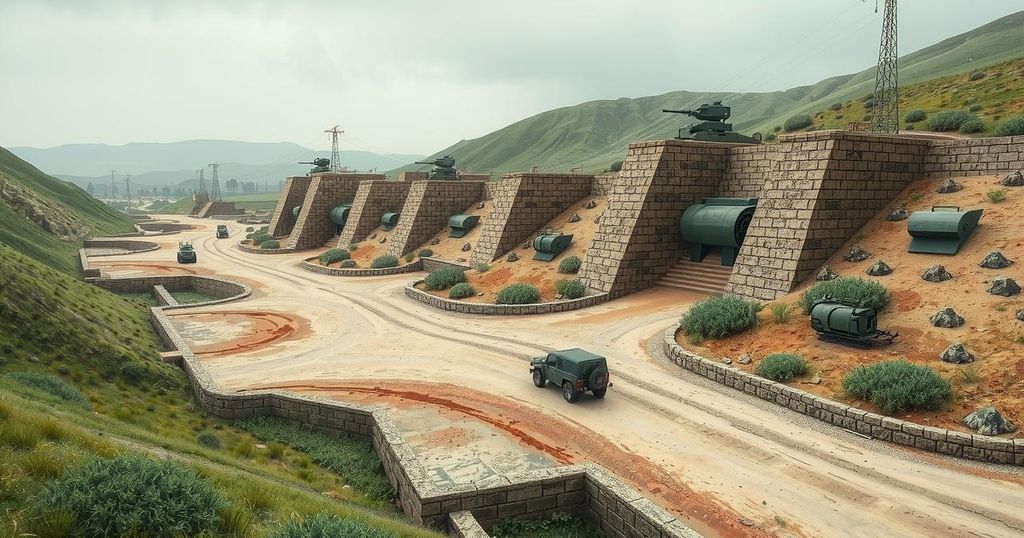Hikmat al-Hijri, leader of the Syrian Druze, rejects agreements with the radical interim government, emphasizing community autonomy. The Druze face divisions on how to address recent political changes, with concerns about government ties to radical elements. Meanwhile, Turkish officials visit Damascus post-new constitution and Kurdish agreements, highlighting ongoing political negotiations.
Hikmat al-Hijri, the spiritual leader of the Syrian Druze community, has firmly rejected any agreements with the Syrian government’s “radical” interim administration following the emergence of a new constitution. His critical remarks were shared through an online video, highlighting the Druze community’s desire to maintain its autonomy from the state amidst the ongoing political turmoil. He described the current government in Damascus as lacking legitimacy, stating, “There is no understanding or agreement with the existing government in Damascus, which is a radical government in every sense of the word.”
The Men of Dignity movement, the largest Druze military faction, recently signed an agreement with the Syrian government that places its security forces under the authority of the interior ministry and allows federal appointment of a governor for Suweida. There exists a divide within the Druze community regarding responses to these developments, particularly concerning the ousting of President Bashar al-Assad and the rise of the disbanded Islamist rebel group Hayat Tahrir al-Sham (HTS).
While some Druze leaders have engaged with new authorities and the interim president, Ahmed al-Sharaa, aiming for reintegration into state institutions, others remain skeptical due to concerns over connections some members of the interim government have with militant Islamism. Al-Sharaa has attempted to alleviate fears by promising to represent religious and ethnic minorities.
Recent violent incidents, particularly on the coast, in which numerous civilians were killed by government forces, have heightened concerns within the Druze community. Israel continues to position itself as a defender of the Druze, using this narrative to encourage separatist sentiments in Suweida despite a majority of Druze rejecting such ideas. Israeli officials have labeled members of the Syrian government as “terrorists” and have voiced support for the disintegration of the Syrian state, leading to protests and ongoing military actions in Syria.
On a separate matter, high-ranking Turkish officials conducted a visit to Damascus, coinciding with the interim government’s recent constitutional declaration and an agreement with Kurdish forces. The meetings involved Turkey’s Foreign Minister, Defence Minister, and intelligence chief discussing developments with Syrian President Ahmed al-Sharaa. This visit followed significant negotiations that resulted in Kurdish forces agreeing to integrate into Syrian state institutions, reflecting pivotal moments in the country’s ongoing transition.
The Syrian Druze leader Hikmat al-Hijri has expressed firm opposition to any agreements with the current interim government, which he deems radical. The Druze community is divided with some factions engaging with the new regime while others remain wary. Concurrently, Turkey’s recent diplomatic efforts in Syria reflect significant political engagements with Kurdish forces, underscoring the dynamic and complex nature of the current political landscape in Syria.
Original Source: www.newarab.com




